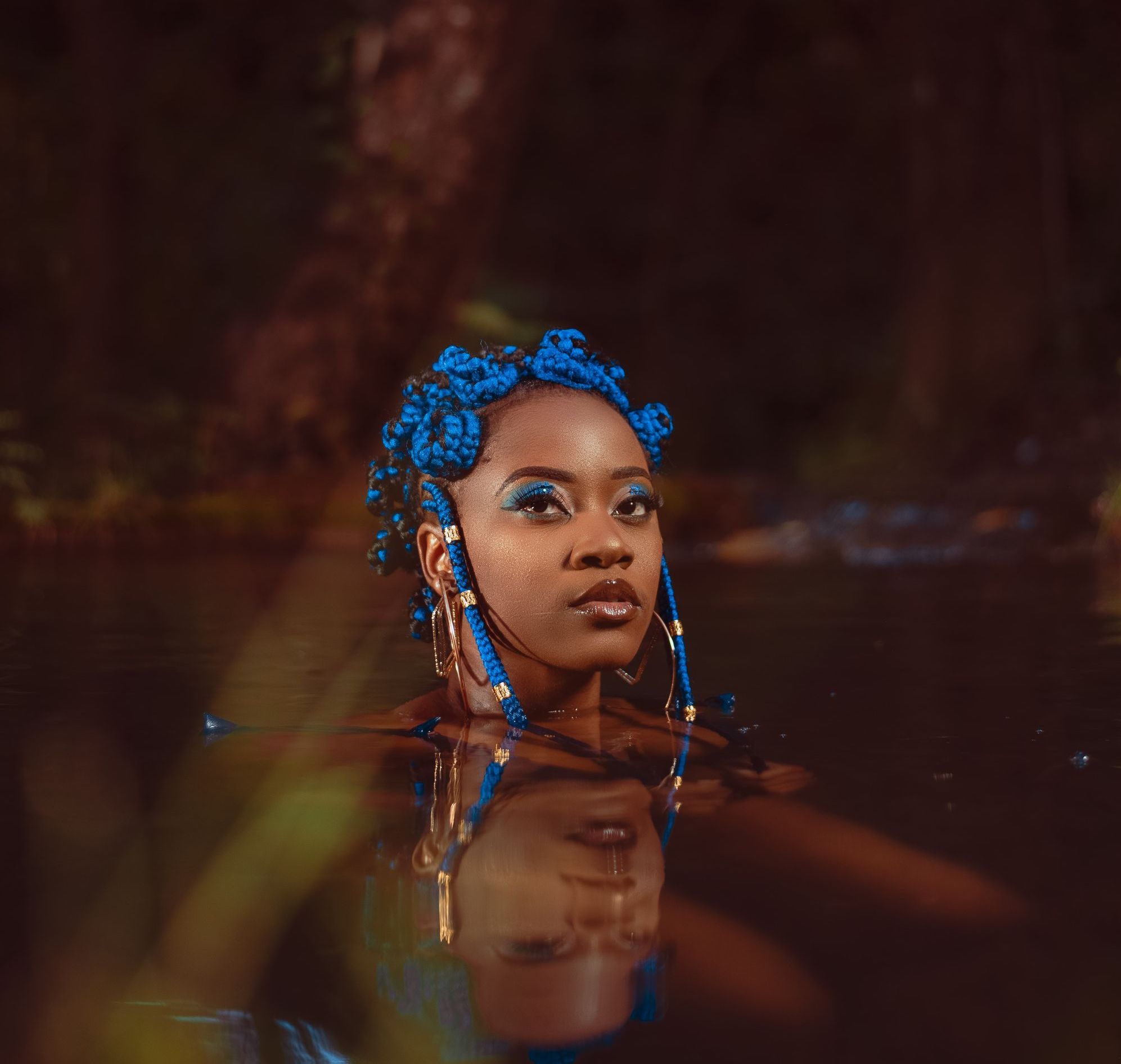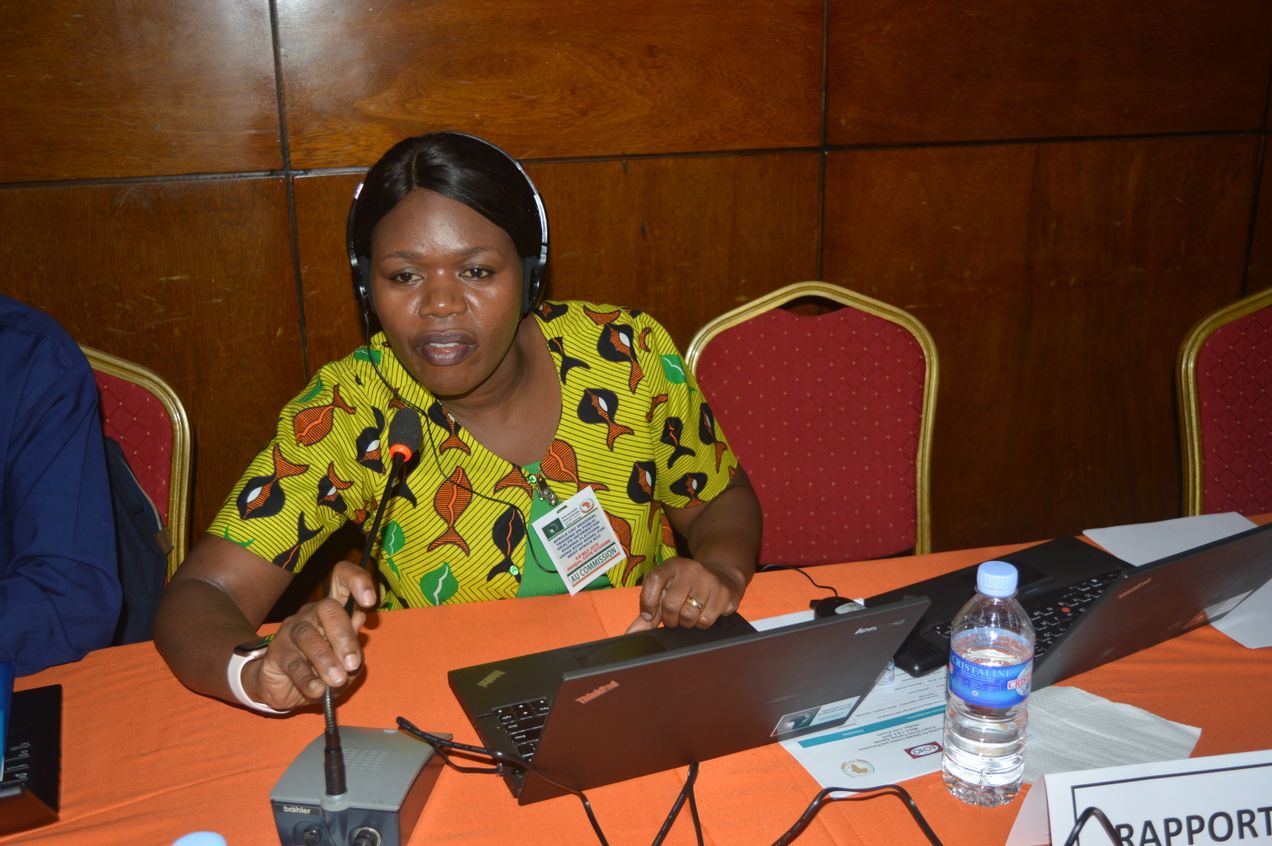
From Stages to Laptops
Zambian-Welsh artist Chembo Music spoke to Amplify's Mazuba Kampambwe on how the pandemic compelled her to perform anew.
As a traveler, one of the ways I enjoy experiencing cultures is through live music. From festivals on the lake in Malawi, to rain drenched carnivals with the backdrop of Victoria Falls, to ones held in old forts in Zanzibar. I have explored the continent through its sounds.
For the past eight years, my travels have revolved around festival schedules and lineups. Everything changed when the COVID-19 virus hit. Festivals across the world and the African continent began postponing, and then cancelling festivals which they had planned months in advance.
In Africa, due to illegal downloads and sales of their music, musicians make the majority of their revenue by performing at local and internal venues, including music festivals. Countries across the continent responded to the pandemic differently, with most enacting curfews and closing live music venues and cancelling events like weddings. This meant artists were left with no income.

In Zambia, the presidential empowerment fund was created and launched in late 2020 to give loans to artists through the government funded National Arts Council of Zambia. However, this $1.5 million project was controversial as many artists were left out and did not receive funding.
To gain a deeper sense of how the COVID-19 pandemic affected musicians, I spoke to Zambian born artist Chembo Liandisha aka Chembo Music, who divides her time between Zambia and Wales.
“In 2019, I had incredible opportunities. I was selected as one of the Horizons launch fund award winners, an initiative by the Wales Arts Council and BBC Wales. In the same year, I was one of the first cohort of artists for the Empawa 100 fund created by Mr. Eazi (an Afrobeats artist). That helped me continue to build my artist profile and led to festival bookings.”.
Liandisha went on to have her first headline performance in January 2020. Her last performance before the pandemic was for a women’s day event in March. A few days later, Wales and the UK went into lockdown. “We thought the lockdown would be 6 weeks initially, but then summer festivals got cancelled,”, Liandisha reflects.

As the pandemic dragged on, musicians began to turn to their fans on social media, hosting live concerts from the comfort of their living rooms. Liandisha turned to Instagram, hosting workshops with artists from Zambia and Malawi to inspire younger artists.
In early 2021, Liandisha booked a flight to Lusaka, choosing to spend her time during the pandemic recording music, doing a live concert online and working on an exhibition. She also released a new single called ‘Drowning’. What was supposed to be an 8-week trip turned into an indefinite stay, as Zambian travelers until recently were required to quarantine for two weeks upon arrival to the UK.
Liandisha’s future plans include returning to Wales. However, Zambia is always on her mind.
“It’s home,” she says.

